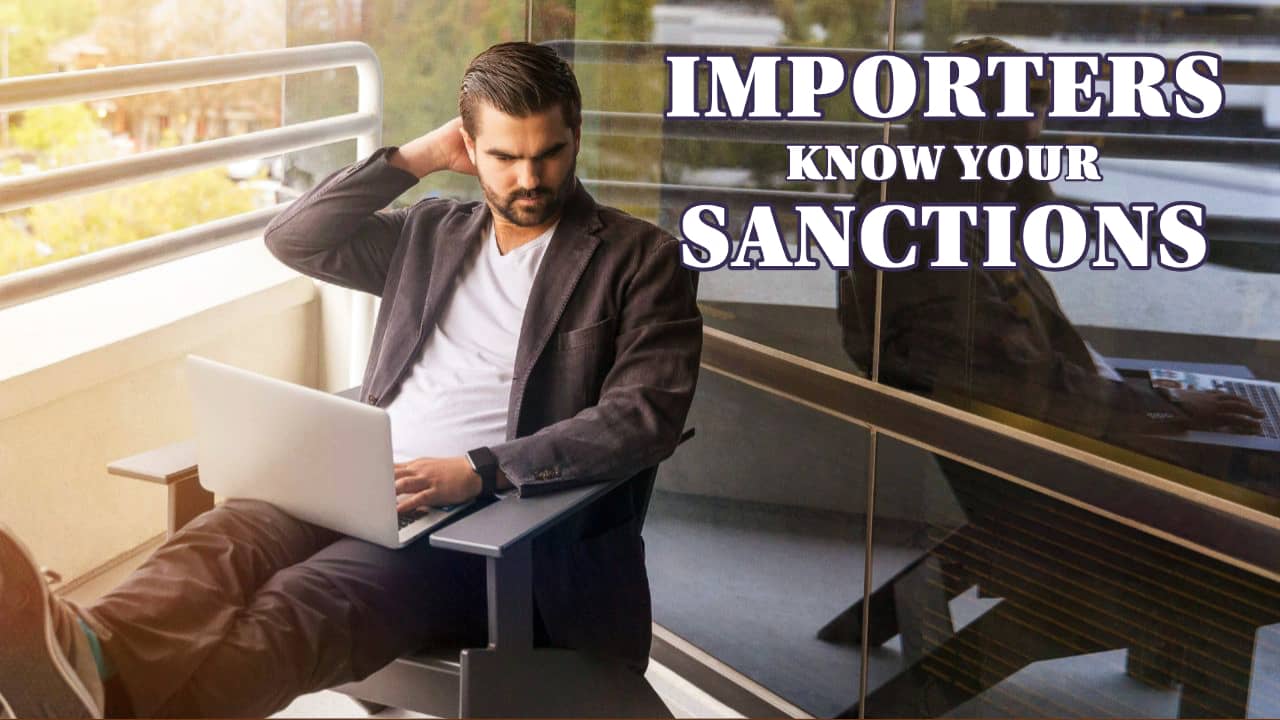
What You Need to Know About the Latest Trade Sanctions
3-minute read
Importers, exporters and their agents are reminded that a wide range of goods of any origin are prohibited from export to the Russian Federation or from import to New Zealand if their country of origin was the Russian Federation from 4 November 2022.
Further, many more classifications of goods have been added to the export prohibition in place for goods going to Belarus or the Russian Federation. There is no de minimis for any of these prohibitions or personal effects exemption.
The 35 percent tariff on imports will continue and remains payable even if goods are seized.
Importers, exporters and their agents are recommended to check the Russia Sanctions page on the MFAT website for further information, including FAQs, and to check the Russia Sanctions Register on this page (click on the Trade Measures tab) to view the wide range of HS Tariff classifications affected.
Exports
New Zealand has prohibited the export of a range of goods to Russia and Belarus, including products that are closely connected to strategic Russian industries.
The export prohibitions on luxury goods and some oil exploration and oil production products only apply to Russia. Banned exports are listed in the sanctions register.
Outside of the Russia Sanctions Act, goods intended for the Russian and Belarus military, security and police sectors are banned from export as per Export Controls (Export Prohibition to Specified Places) Notice 2022 (No 2) – 2022-go899 – New Zealand Gazette.
Imports
There is a 35% tariff on all imports of Russian origin. This does not include low-value goods of less than NZ$1,000. In 2019 and 2020, goods of less than NZ$1,000 made up less than 0.02% of total imports (by value) from Russia.
New Zealand has prohibited the import of
- gold of Russian origin;
- oil, gas and coal of Russian origin;
- luxury goods of Russian origin
Who must comply with the sanctions?
- All New Zealanders no matter where they are in the world.
- All individuals in New Zealand (including those ordinarily resident in New Zealand).
- All businesses and organisations (entities) operating in New Zealand
What can be imported from Russia?
Most goods of Russian origin can still be imported, but if they are over NZ$1,000, they will be subject to a 35% tariff.
All Russian-origin gold, oil, coal, gas and luxury goods (including liquor, truffles, certain kinds of seafood like caviar and lobster, precious stones, personal electronics and clothing) are not able to be imported.
The full list of prohibited imports is contained in the sanctions register. If these items are imported, they will be seized by Customs and attract a 35% tariff if they are over NZ$1,000.
You should also check the sanctions register to ensure that you are not dealing with a sanctioned individual or company or their associates.
When do these measures end?
- The Russia Sanctions Regulations expire at the close of 17 March 2025.
Can personal effects be imported into New Zealand from Russia without attracting the 35% import tariff?
If certain criteria are met, people coming to live in New Zealand are permitted to import their used domestic and personal goods free of duty.
This is outlined in reference 80 in Part II (Concessions) of the Working Tariff Document of New Zealand, which can be found on the New Zealand Customs Service website.
This website also includes information on how to make an application for a concession.
What other sanctions has New Zealand imposed?
In addition to sanctions imposed under the Russia Sanctions Act, New Zealand implements all sanctions imposed by the United Nations Security Council in regulations under the United Nations Act 1946.
The above information is intended as general guidance only. Regulations can change without notice, and for more information, please visit MFAT and NZ Customs websites.
Source: New Zealand Customs Service and New Zealand Foreign Affairs and Trade (MFAT)
P.S. Easy Freight Ltd helps New Zealand importers & exporters to save money on international freight and reduce mistakes by guiding how to comply with Customs and biosecurity rules.
➔ Contact us now to learn how we can assist you.
